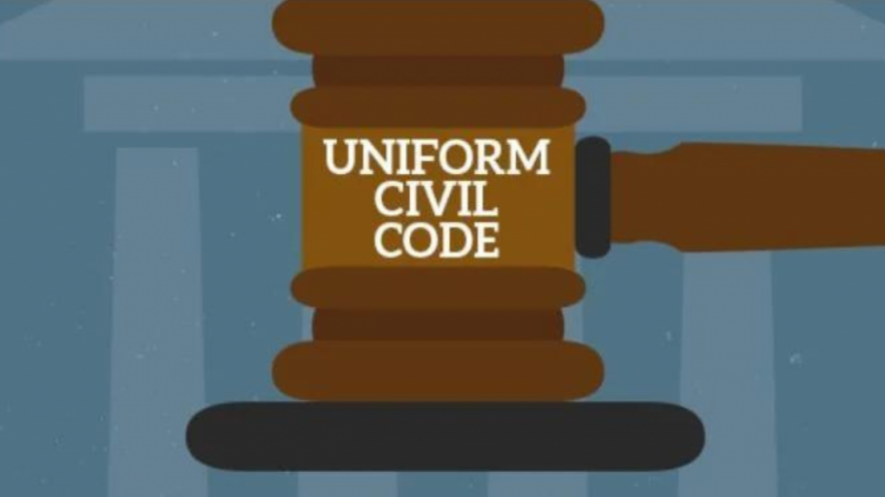Uttrakhand UCC to Require Mandatory Registration of Live-in Relationships

The draft of the Uniform Civil Code in Uttarakhand includes provisions for live-in couples that would require them to mandatorily register their relationships. If the couples fail to register their relationships, they could face a maximum of six months in jail, a fine of Rs 25,000, or both.
In cases where the couples delay registering their live-in relationships for a month, they could face three months in jail. The Uttarakhand UCC would require parental consent for couples under 21 wishing to live together.
Furthermore, the authorities would not register live-in relationships that are "against public policy and morality." The examples cited include "if one partner is married or in another relationship if one partner is a minor, and if the consent of one partner was obtained by "coercion, fraud or misrepresentation"."
As per NDTV, the administration will launch a website for the registration of live-in relationships. After the details are put on the website, they would be verified by the District Registrar, "who will conduct a "summary inquiry" to establish the validity of the relationship."
There are provisions for the termination of registered live-in relationships. Any termination would require the couple to submit a written statement. If the Registrar feels that the reasons given to end the relationship are "suspicious" or "incorrect", it could lead to a police investigation.
The Uniform Civil Code was tabled in the Uttarakhand Assembly on Tuesday, February 6. The code also says that children born out of live-in relationships "will receive legal recognition."
As per one official that NDTV spoke to, no child would be defined as "illegitimate".
The UCC in Uttarakhand came after a government-appointed panel led by a retired Supreme Court judge submitted a 749-page draft document.
Other proposals in the code include a "complete ban on polygamy and child marriage, a standardises marriageable age for girls across all faiths, and a uniform process for divorce." The code, if implemented, will also ban Islamic practices like 'halala' and 'iddat,' "which are Islamic practices a woman must go through after a divorce or the death of the husband."
Get the latest reports & analysis with people's perspective on Protests, movements & deep analytical videos, discussions of the current affairs in your Telegram app. Subscribe to NewsClick's Telegram channel & get Real-Time updates on stories, as they get published on our website.
























